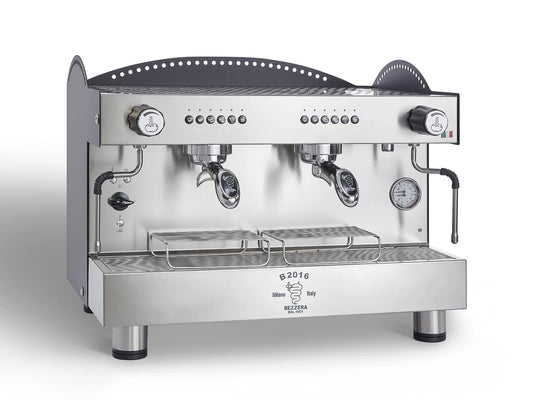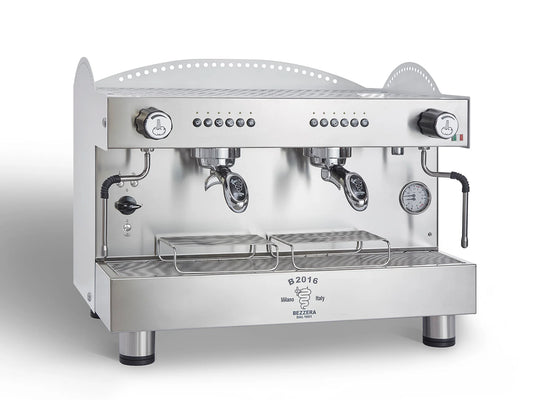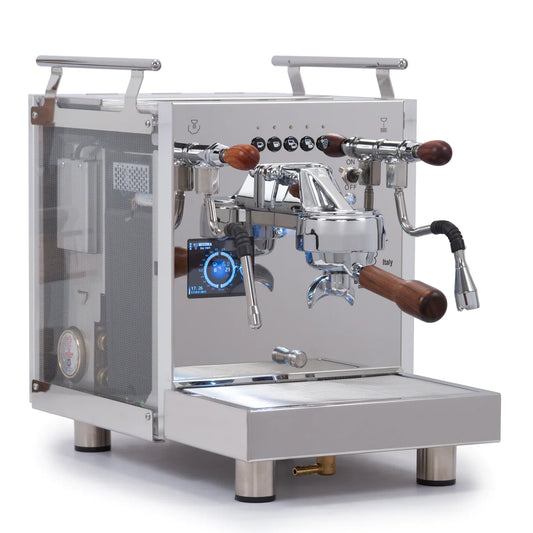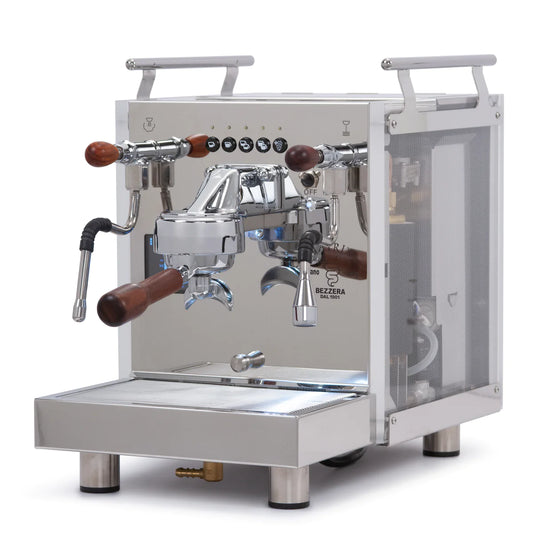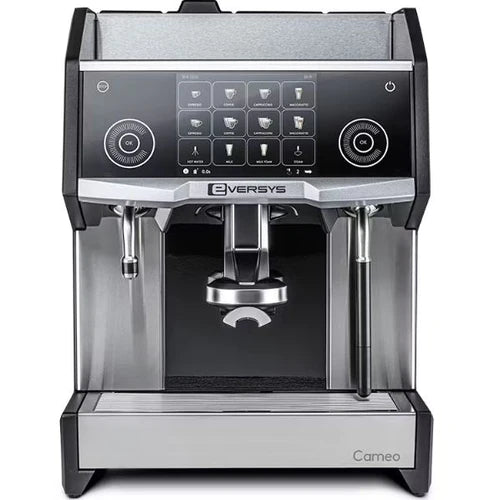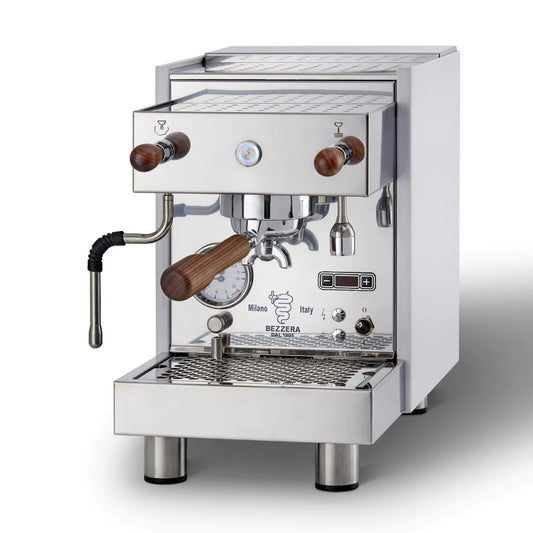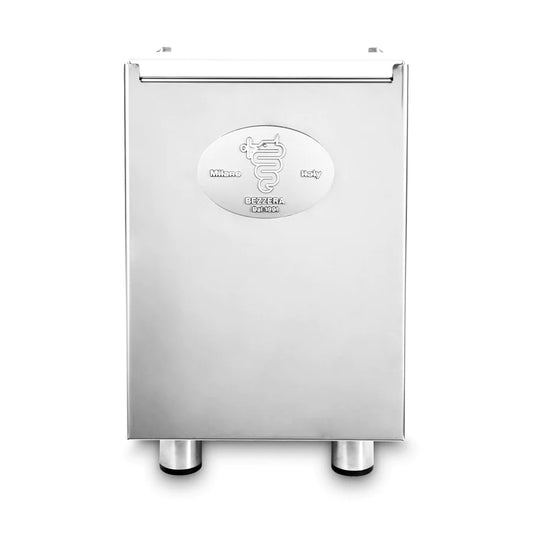Brewing Cohesion: The Importance of Coffee Culture in Academic Departments
Table of Contents
- Key Highlights:
- Introduction
- The Coffee Landscape in Academia
- Crafting a Positive Coffee Culture
- The Role of Personal Anecdotes in Coffee Culture
- Real-World Perspectives on Coffee in Academia
Key Highlights:
- Coffee plays a significant role in the social and professional dynamics across academic departments, fostering collaboration and community.
- The decision-making around coffee provisions, whether communal or individual, can reflect departmental values and work culture.
- Bringing together coffee drinkers and tea enthusiasts requires balancing personal preferences with collective practices for an inclusive atmosphere.
Introduction
In the bustling world of academia, coffee is not just a beverage; it is a catalyst for collaboration, creativity, and community. Faculty members gather around steaming cups to exchange ideas, solve problems, and forge connections that often extend beyond the confines of their departments. Yet, the practices surrounding coffee consumption can vary dramatically from one department to another. Some embrace a communal approach with a shared coffee machine, while others leave individuals to brew their own. The question arises: how does your department handle coffee culture, and what does this say about your team's dynamics?
This article delves into the myriad ways academic institutions approach coffee brewing and consumption, examining the implications of these practices on departmental cohesion and productivity. From the logistics of coffee provision to the personal anecdotes that shape our drinking habits, we explore what a good coffee practice entails and how it affects everyone, including the less vocal tea drinkers.
The Coffee Landscape in Academia
Coffee consumption in academic departments takes many forms. Offices often feature coffee machines, whether traditional drip brewers, sophisticated espresso machines, or single-serve units like Keurig. These devices can serve as focal points where colleagues converge, swap thoughts, and strengthen relationships.
The Communal Coffee Machine
For many departments, the communal coffee machine is a keystone of office life. It may be a standard drip-maker or a popular single-cup brewer. The Gaggia Orione espresso machine, for instance, is a notable upgrade that adds an element of café-style sophistication to the workplace. Departments that invest in higher quality machines often find that the coffee serves as a unifying element, drawing staff together and creating an atmosphere of collaboration.
However, the presence of such machines raises questions about usage and responsibility. Who pays for the coffee beans or pods? Who cleans the machine? Addressing these questions can lead to improved teamwork and shared accountability, as departments figure out money management and maintenance procedures.
Individual Coffee Practices
In contrast to departments that feature communal coffee stations, some researchers report an “every-coffee-drinker-for-themselves” culture. This approach can stem from personal preferences for specific coffee types, brands, or brewing methods that are not easily accommodated in a shared environment. Faculty may choose to bring their own coffee in personalized mugs or make individual brews in their offices.
This personal approach fosters individuality but can create an unspoken divide between those who bring their own supplies and those who utilize communal machines. The experience of bringing your favorite coffee from home or indulging in high-quality beans ordered from specialty roasters can give one a sense of autonomy. Yet it can also contribute to a fractured departmental atmosphere, particularly if there is no shared space for coffee enthusiasts and tea drinkers alike.
Crafting a Positive Coffee Culture
Creating a positive coffee culture within academic departments requires thoughtful consideration and inclusivity. It is essential to balance personal interests with communal needs, ensuring that all team members feel represented and valued.
Encouraging Participation
A key component of fostering an inclusive coffee culture is ensuring that everyone has a say in the coffee selection process. Engaging staff members in discussions about their preferences can yield insights into what types of coffee are appealing to the collective. A vote on coffee brands or varieties, for instance, can enhance shared ownership over communal resources.
Departments can also organize coffee-tasting events where faculty and staff can sample various blends and roasts. Such gatherings not only introduce variety into the coffee offerings but also provide an opportunity for interaction among colleagues who may not cross paths in the course of daily work.
Inclusivity for Tea Drinkers
In any discussion about coffee, it is imperative not to overlook tea drinkers. The inclusion of quality tea options alongside coffee can broaden the appeal of communal coffee spaces, ensuring that all preferences are acknowledged. Departments should consider integrating a small selection of teas, creating a welcoming environment that caters to diverse tastes.
Maintenance and Responsibility
Developing clear guidelines for machine usage, cleaning, and supply management can minimize conflicts and elevate the coffee experience for everyone involved. Establishing a rotating schedule for machine upkeep encourages shared responsibility and teamwork. Additionally, tracking expenses related to coffee supplies through departmental budgets can diminish misunderstandings about costs.
The Role of Personal Anecdotes in Coffee Culture
Personal narratives surrounding coffee offer insights into individual preferences and values, which can shape departmental coffee practices. A faculty member who always brews their coffee at home may prioritize quality and flavor and might share recommendations with colleagues. Others may favor quick solutions, such as a single-serve machine, to only grab a cup to go before their next lecture.
These stories illuminate the broader context of coffee culture, providing a window into how coffee consumption reflects workplace attitudes—from prioritizing productivity to valuing moments of relaxation. By sharing anecdotes, faculty can open discussions about the roles of coffee in both professional environments and personal lives.
Real-World Perspectives on Coffee in Academia
Several academic departments have taken innovative approaches to coffee culture, turning it into a vibrant aspect of their organizational identity.
Collaborative Initiatives
At a noted research university, the Philosophy Department launched a "Coffee Fridays" initiative that encourages informal meetings over coffee. This practice fosters an environment where faculty can discuss ongoing projects, share research insights, and mentor junior colleagues, all within the convivial atmosphere of a coffee break.
Similarly, a School of Engineering has employed coffee as a tool for team building, organizing monthly social hours where faculty and students come together to network over their favorite brews. The initiative not only strengthens relationships but also creates an integrated community where knowledge sharing flourishes.
Sustainability in Coffee Consumption
Sustainability has also become a fundamental component of coffee culture within some departments. Universities across the country have begun emphasizing fair-trade and organic coffee options in their communal machines, responding to growing concerns about environmental and ethical sourcing. Developing a culture rooted in sustainable practices can reflect a department's values and serve as an educational opportunity for students and faculty alike.
FAQ
What factors should be considered when establishing a communal coffee machine in an office?
When setting up a communal coffee machine, consider budget allocation, machine maintenance, scheduling cleaning, and how to involve everyone in the decision-making about coffee choices.
How can departments ensure that both coffee and tea drinkers feel included?
Ensuring inclusivity can be achieved by offering accessible beverage choices for all preferences, including high-quality tea alongside coffee. Engaging in discussions about individual preferences can create a more accommodating environment.
What are the benefits of a strong coffee culture in an academic department?
A strong coffee culture can promote collaboration, enhance relationships among faculty and staff, and create an inviting space for informal discussions that can lead to innovative ideas and problem-solving.
How can departments balance personal coffee preferences with communal practices?
Balancing personal preferences with communal practices involves fostering open communication and encouraging participation in decisions regarding coffee and tea offerings, thereby creating a culture of shared ownership.
In summary, coffee not only energizes the mind but also serves as a vibrant element that can unite academic departments. Acknowledging individual preferences while fostering communal connections creates an inclusive environment, ultimately enriching the academic experience for everyone involved.

